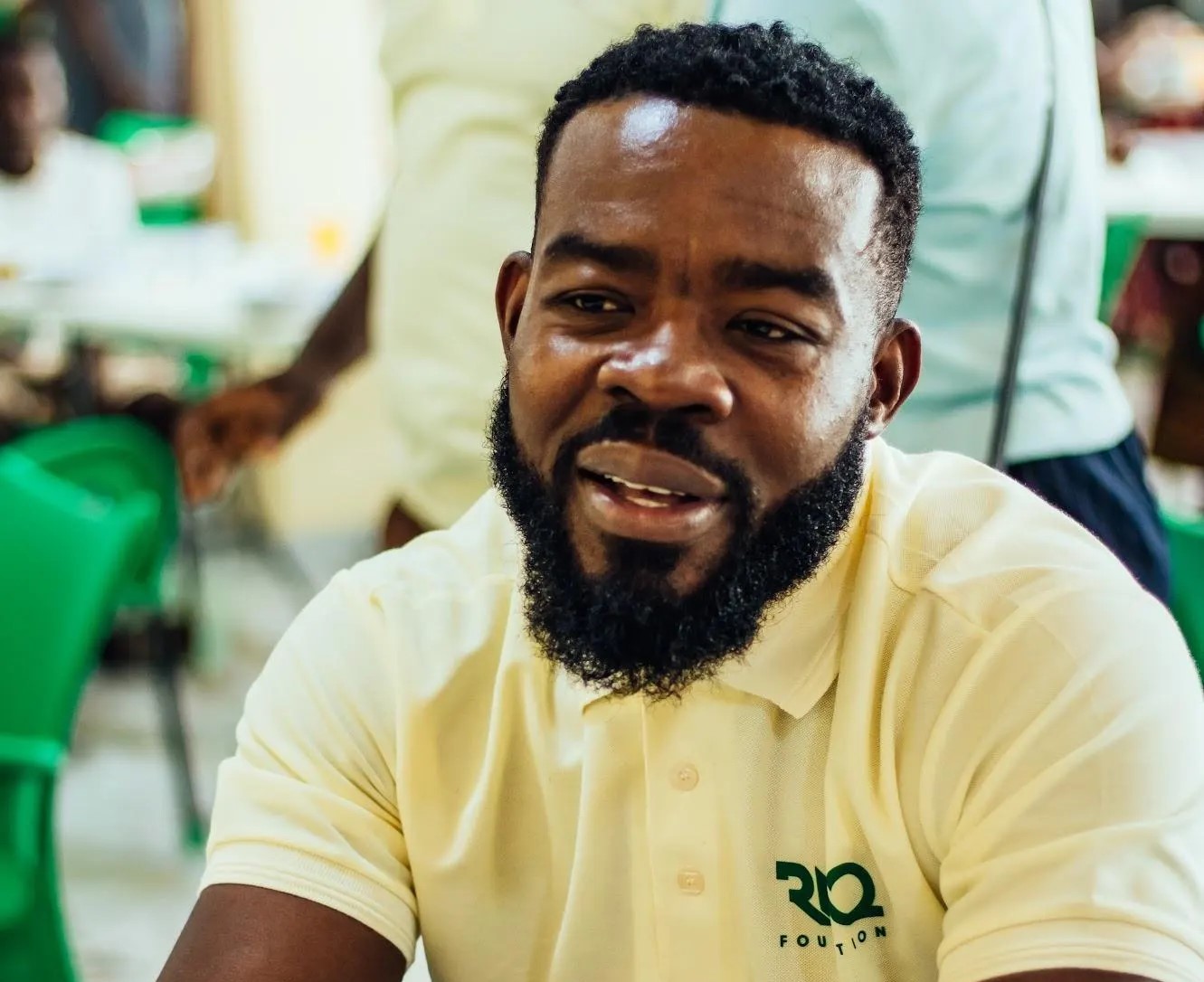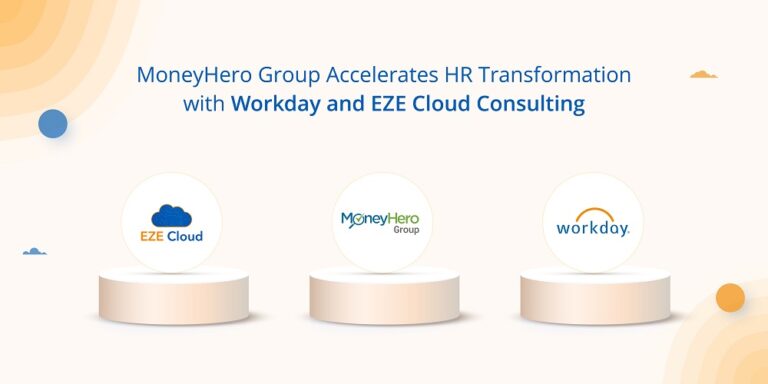By Prince Adu-Owusu
Copyright myjoyonline

Ghanaian entrepreneur Richard Nii Armah Quaye is transforming Ghana into a business and cultural hub in West Africa by putting people at the center of his investments. From finance and food to healthcare and philanthropy, Mr Quaye’s ventures are proving that nation-building begins with empowering individuals.
Born into a humble background, Mr Quaye built his business empire with one guiding belief: success must have purpose.
“Your success has to impact the lives of so many people in your country. Until you successfully do that, then you are not truly successful,” he explained.
His journey began in 2009 with the launch of Bills Microcredit, a company that funds small and medium-sized enterprises (SMEs), the backbone of Ghana’s economy. Since then, it has disbursed over 7.5 billion Ghana cedis in loans to more than 300,000 businesses.
Today, it controls more than 70 per cent of lending funds in the market, making it Ghana’s largest non-banking financial institution. Mr Quaye’s motivation is simple: “80% of the citizens trade. If that segment is neglected, our economy will come crashing down.”
In 2019, he founded Quick Angels Limited, Ghana’s first institutionalised angel investor company, to provide equity funding to entrepreneurs who often struggle to access capital. The company has fueled growth across industries—culinary, healthcare, and creative arts.
Fast food chain Chickenman-Pizzaman, backed by Mr Quaye, now operates over 100 outlets, creating jobs for 2,000 young Ghanaians. Sankofa Natural Spices has taken local ingredients to U.S. grocery shelves, while Tigon Creative Studios is nurturing Ghana’s media talent, and Ridge Medical Center is expanding healthcare access.
Mr Quaye’s investments are driven by his belief that building businesses means building the nation.
“When you invest in an individual in the business space, you are investing in the nation,” he said.
To him, Ghanaian businesses must compete globally, and he is determined to rewrite the narrative that only foreign-backed firms succeed in Africa.
“There’s always a misconception that businesses in Africa, specifically in Ghana, cannot build national and global businesses… that is something I want to disrupt.”
In 2025, he expanded his vision of social impact with the launch of RNAQ Food Banks, a project deeply personal to him.
“I came from a very impoverished background. I know how it feels to be hungry. I’ve been hungry before,” he recalled.
Since August, the food banks have served over 17,000 people across five branches, providing free daily meals. For Mr Quaye, this is not charity but infrastructure to restore dignity, stability, and opportunity.
Beyond his businesses, Mr Quaye has become a vocal advocate for keeping wealth and investment within Ghana. Unlike many entrepreneurs who move their successes abroad, he reinvests in his homeland.
“Nation-building depends on all of us. If we’re going this way, we won’t build our country,” he said.
As he gradually transitions into the role of mentor, board member, and silent partner, Mr Quaye says his legacy lies in replication.
“I must create and replicate people like me so that they can also replicate themselves… and that’s how we build a country,” he said.
For him, true legacy is not measured in wealth but in the ripple effect of empowered Ghanaians shaping industries, feeding communities, and telling their own stories on the world stage.



